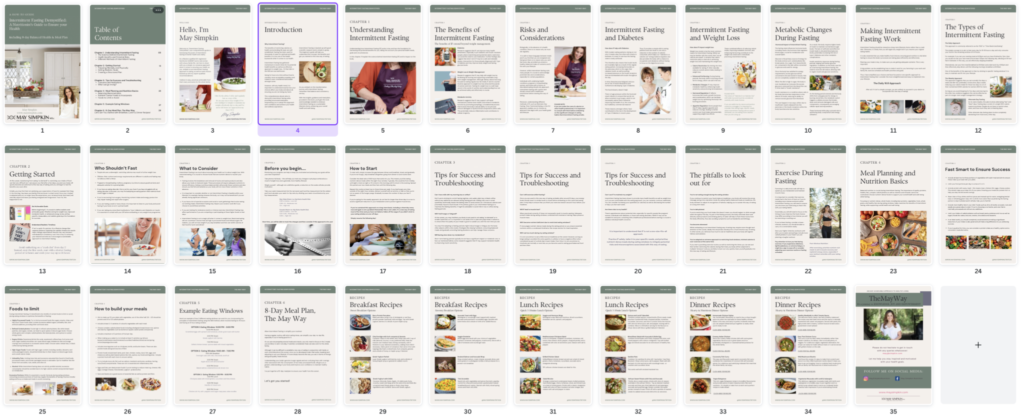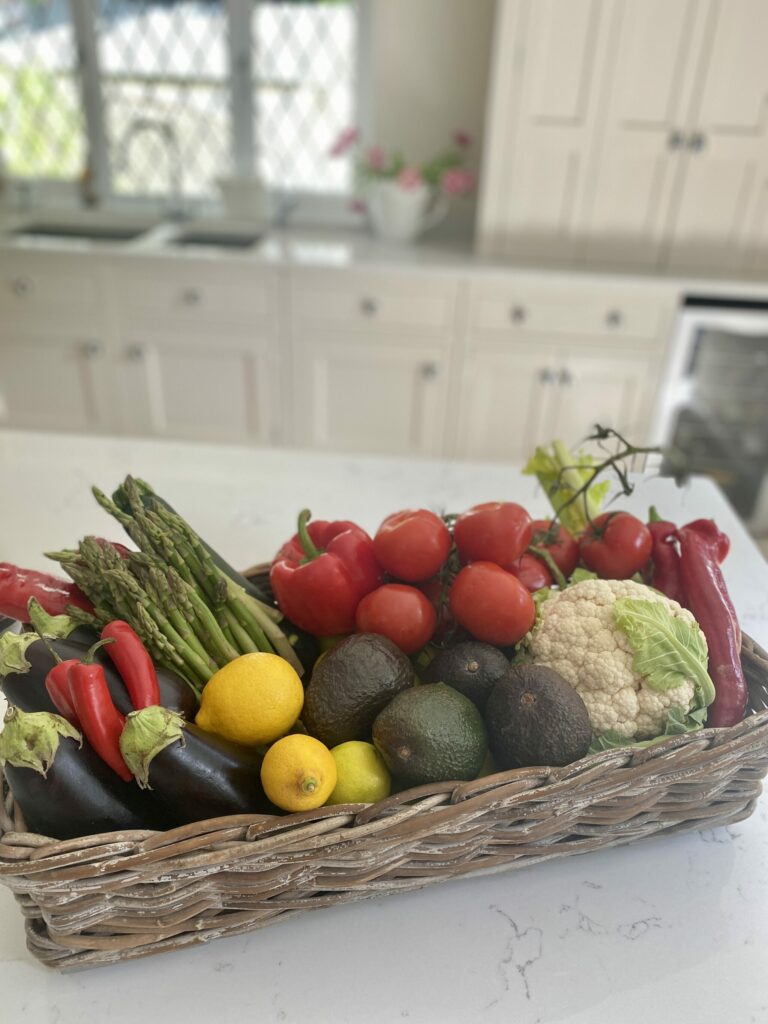
As we head deeper into winter, many people struggle with low energy, mood dips, and reduced motivation—a condition often linked to (SAD) Seasonal Affective Disorder and the winter blues.
Seasonal Affective Disorder (SAD) is a very real phenomenon. It is a form of depression triggered by reduced sunlight during the colder months, where reduced sunlight impacts our mood, energy levels, and even our cravings. It’s something many of us face, and it’s more than just the “winter blues”.
But here’s the thing: I’ve learned how to tackle SAD and the winter blues head-on. With the right foods, simple lifestyle tweaks and a bit of self-care, I’ve been able to turn these challenging days into a time of growth and balance. While we can’t control the weather, we can control how we fuel and care for our bodies.
And I want to share those strategies with you. These are the same tips I use to help lift my own energy and mood and they can help you too.
(You don’t have to just survive the season—you can thrive in it!)
How Nutrition Can Help Beat SAD and the Winter Blues?
1. Vitamin D: The “Sunshine Vitamin” for Mood Regulation
Vitamin D plays a crucial role in regulating mood, as it helps with the production of serotonin, the brain’s “feel-good” neurotransmitter. During winter, reduced sunlight exposure can lead to a deficiency, increasing the risk of low mood or Seasonal Affective Disorder (SAD).
Food Sources: Oily fish like salmon, mackerel, and sardines are excellent natural sources. Alternatively, incorporate fortified foods like milk, orange juice and cereals.
Supplementation: If food sources aren’t sufficient, a daily vitamin D supplement can help bridge the gap.
2. Omega-3 Fatty Acids: Essential for Brain Health
Omega-3s, particularly EPA and DHA, are critical for maintaining healthy brain function and reducing inflammation, which is linked to depression. These fats support the structure of brain cells and enhance the communication between neurons, improving overall mental health.
Food Sources: Focus on fatty fish (salmon, mackerel, sardines, trout), walnuts, chia seeds, and flaxseeds. For those who don’t eat fish, consider plant-based options algae-based omega-3 supplements.
Quick Tip: Add ground flaxseeds or chia seeds to your morning porridge or smoothie for a quick omega-3 boost.
3. Complex Carbs: Stabilising Blood Sugar to Prevent Energy Crashes
Refined carbs can lead to quick blood sugar spikes followed by crashes, exacerbating fatigue and low mood. In contrast, complex carbohydrates are digested slowly, providing steady energy and helping to regulate serotonin levels.
Food Sources: Whole grains like quinoa, brown rice and wholewheat bread, oats, sweet potatoes, and legumes like lentils and chickpeas.
Practical Tip: Replace white bread or pasta with whole grain alternatives, and pair carbs with protein or healthy fats for balanced meals. For example, enjoy sweet potato wedges with a dollop of hummus or avocado.
4. Mood-Boosting Micronutrients: Magnesium and B Vitamins for Stress Reduction
-
- Magnesium
Magnesium is known as nature’s relaxant, it plays a role in regulating the nervous system and promoting better sleep. Low levels are linked to anxiety and stress.
Food Sources: Dark leafy greens like spinach and kale as well as nuts and seeds, whole grains, and dark chocolate.
Practical Tip: Snack on a handful of nuts or add spinach to an omelette for a magnesium boost.
-
- B Vitamins
These are essential for energy production and brain health, particularly B6 and B12, which support the production of neurotransmitters like serotonin and dopamine.
Food Sources: Legumes like lentils and chickpeas as well as whole grains, eggs, dairy, and lean meats. For vegans, fortified foods or supplements might be necessary to meet B12 needs.
Practical Tip: Add lentils or chickpeas to soups, use whole grains like quinoa as a base for salads, or scrambled eggs with a side of leafy greens.
Lifestyle Tips to Beat SAD and the Winter Blues

In addition to nourishing your body with the right foods, simple lifestyle changes can significantly impact your mood and energy during the winter months. Here are some effective strategies to help you thrive even on the darkest days:
1. Maximise Your Exposure to Natural Light
One of the primary causes of Seasonal Affective Disorder (SAD) is the lack of sunlight during winter. Sunlight helps regulate your body’s internal clock and boosts serotonin production, lifting your mood.
- Start Your Day Outside: Spend at least 20 minutes outdoors in the morning, even if it’s cloudy. Light exposure earlier in the day has the most significant effect on your mood and energy levels.
- Work Near a Window: If you work indoors, position your workspace near a window to soak in natural light throughout the day.
- Consider a Light Therapy Box: These devices mimic natural sunlight and can be particularly effective in improving mood and alleviating SAD symptoms. Use it for 20-30 minutes daily, ideally in the morning.
2. Stay Active
Exercise is one of the best natural mood boosters. Physical activity releases endorphins, reduces stress, and increases energy levels.
- Find What You Enjoy: Whether it’s yoga, brisk walks, dancing, or swimming, any movement counts. The key is consistency; aim for at least 30 minutes most days.
- Take It Outdoors: Combine exercise with light exposure by taking your workout outside. A quick midday walk can do wonders for your mental and physical health.
- Try Morning Stretches: Gentle stretches or yoga in the morning can help ease winter stiffness and boost circulation to kickstart your day.
3. Prioritise Sleep Quality
Shorter days and darker evenings can disrupt your sleep-wake cycle, leaving you feeling tired and sluggish.
- Stick to a Routine: Aim to wake up and go to bed at the same time every day to regulate your body clock.
- Limit Screen Time: Blue light from screens can interfere with melatonin production. Turn off devices at least an hour before bed.
- Create a Relaxing Evening Routine: Include calming activities like reading, stretching, or a warm bath to help you wind down.
4. Stay Socially Connected
Winter can sometimes lead to feelings of isolation, which can worsen low mood. Make an effort to stay connected with loved ones.
- Schedule Regular Meet-Ups: Whether it’s coffee with a friend or a family dinner, prioritizing face-to-face interactions can lift your spirits.
- Join a Class or Group: Engaging in shared activities like cooking classes, yoga sessions, or book clubs can help you meet new people and stay active.
- Reach Out When You’re Struggling: Don’t hesitate to share how you’re feeling with a trusted friend, family member, or therapist.
5. Practice Mindfulness and Gratitude
Mental health thrives when we focus on the present and appreciate the small joys in life.
- Meditate Daily: Even just 5-10 minutes of mindfulness meditation can reduce stress and help you feel more grounded. Try apps like Calm or Headspace to guide you.
- Start a Gratitude Journal: Write down 3 things you’re grateful for each day to shift your focus from what’s missing to what’s meaningful.
- Try Breathing Exercises: Deep, intentional breathing can calm your nervous system and reduce feelings of anxiety or overwhelm.
6. Warm Up From the Inside Out
Combat the chill with comforting routines and small indulgences that make winter feel cosier:
- Create a Hygge Atmosphere: Light candles, add warm blankets, or sip on herbal teas to create a comforting environment.
- Engage Your Senses: Listen to soothing music, enjoy the smell of essential oils like lavender or citrus, and savour the flavours of nourishing meals.
7. Set Small, Achievable Goals
Winter can make everything feel more challenging, but having something to work toward can keep you motivated.
- Break Down Big Tasks: Focus on small, actionable steps that bring you closer to your goals.
- Celebrate Wins!: Acknowledge even the smallest accomplishments to keep momentum and positivity.
Let’s tackle the season together, with a warm mug of something nourishing in hand!
Try this warming 15min Healthy Vegetable Curry for a cosy nurturing night in!









0 Comments